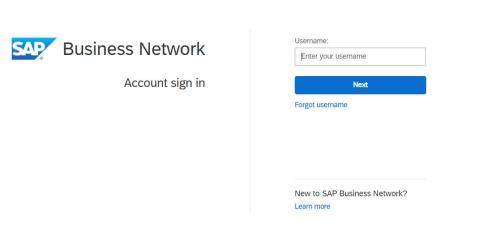
Invoicing guidelines

Givaudan is committed to processing your payments promptly, in line with negotiated contractual terms and local regulations, while also honoring our commitment to environmental sustainability. Below, you’ll find detailed information on Givaudan’s invoicing requirements, including guidance on how to issue and submit your invoices efficiently. For further details, please refer to the 'policies, manuals, and guidelines' section.
No PO-No Pay policy: Invoices without a purchase order number will be returned to the sender.
Ensure invoices are submitted promptly, are issued according to the purchase order's invoicing details and comply with Givaudan's terms and conditions.
Use Ariba to invoice us. If you have received the purchase order through Ariba, you can upload it directly on the platform. Otherwise, you can send your invoices to the correct email address.
Bi-weekly payment run: Payments for approved invoices are processed during the first (1st) and third (3rd) week of each month.
Submit your invoice through the corresponding email address
APAC
Australia
China
Indonesia
Japan
Korea
Malaysia
Singapore
Thailand
Vietnam
India
EAME
LATAM
Argentina
Brazil
Service invoices: Should be issued before the 20th of each month and you may forward the invoices from service providers outside São Paulo’s jurisdiction to the requestor (which is specified in the field ´attention of´ for each order line).
All invoices from companies with authorised officials working within Givaudan offices must be submitted with copies of the latest ´Fundo de Garantia do Tempo de Servico´ (FGTS) and ´Instituto Nacional do Seguro Social´ (INSS) or payment receipts.
Colombia
Mexico
NOAM
Canada & United States
SAMEA
Egypt
ahmed.wahib@givaudan.com - basant.alaa_eldin@givaudan.com
Electronic invoices: Please submit them through Egypt’s tax government portal
South Africa
How to access the status of your invoices through the Givaudan invoice portal
Log into the SAP Business Network with your Ariba account username and password

From the Ariba Business Network homepage, go to the application gateway section and select ‘Givaudan Invoice Portal’
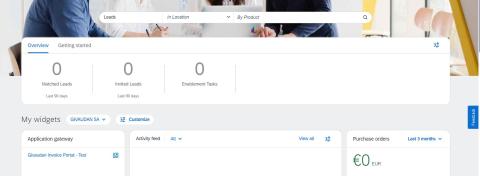
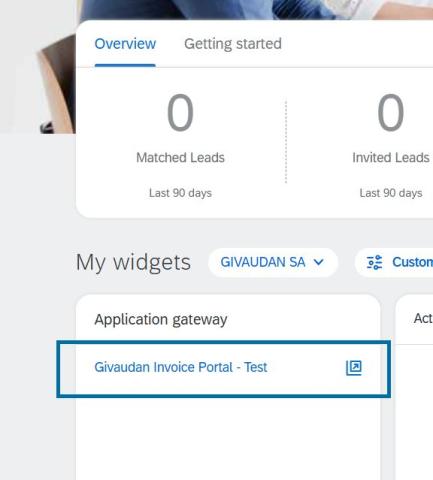
Go to the ‘Vendor Invoices Givaudan’ tile
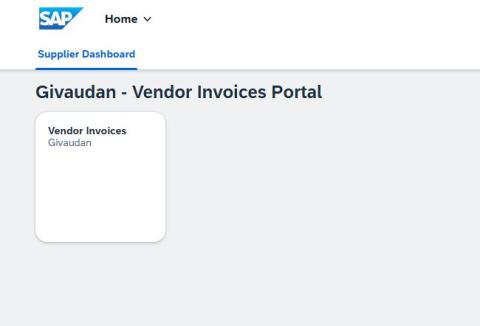
Enter the range of invoice number

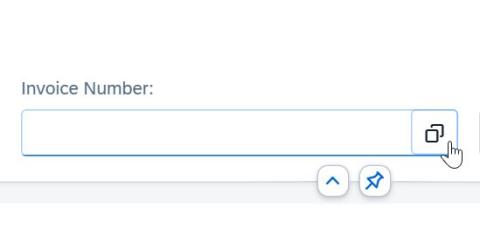
Define the values and click 'OK'
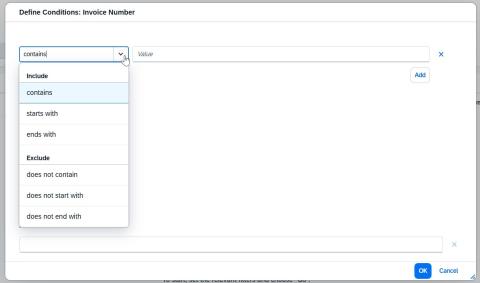
Enter the range of invoice date
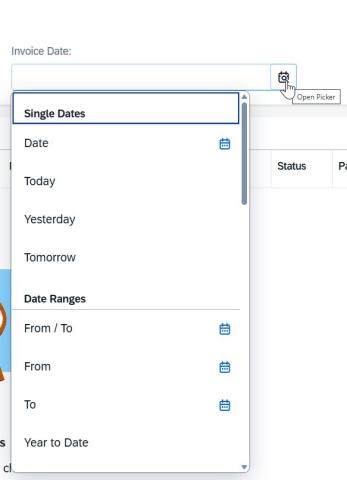
Click 'Go' to access the report
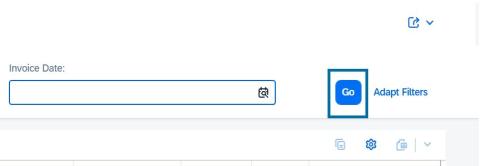
You can also adapt the filters and customise the layout of your report
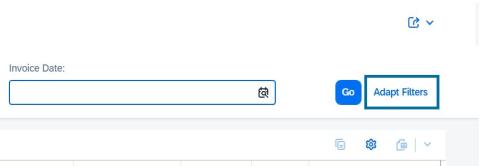
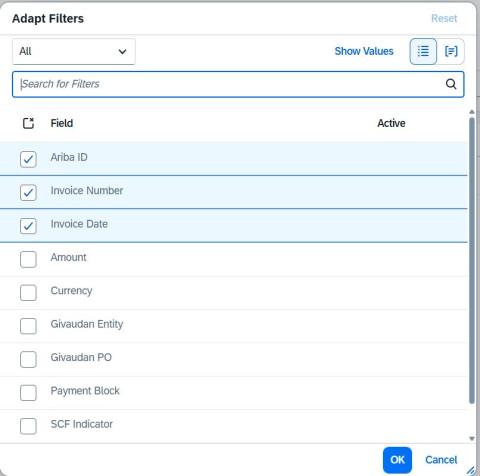
From the displayed list, you can filter or sort the items by clicking on each column header.
Givaudan entity: refers to the Givaudan legal entity that received your invoice, credit note, or debit note.
Invoice number: the number shown on your invoice, credit note, or debit note.
Givaudan purchase order: the Givaudan purchase order number that you used to invoice Givaudan.
Invoice date: the date your invoice has been created.
Due date: the date your invoice is due and payment is expected.
Amount: the total invoiced amount for the goods or services.
Currency: the specific currency in which the transaction is invoiced and paid.
Status: indicates the current status of your invoice.
- Paid: your invoice has already been paid. You may refer to the Payment Date column to see when Givaudan made the payment.
- Under review: Givaudan has started processing your invoice, but it is not yet fully processed and is undergoing further investigation.
- Open: your invoice has been processed and may or may not yet be ready for payment processing by Givaudan.
Payment date: the confirmed date when the funds will be paid by Givaudan.
Payment block: if the value "Block for payment" appears in this column, it means the invoice has been fully processed by Givaudan’s Accounts Payable team but is currently blocked from payment, pending the outcome of further investigation.
Supply Chain Financing indicator: a value of "SCF" in this column indicates that the invoice has been selected for Givaudan’s Supply Chain Financing programme.


